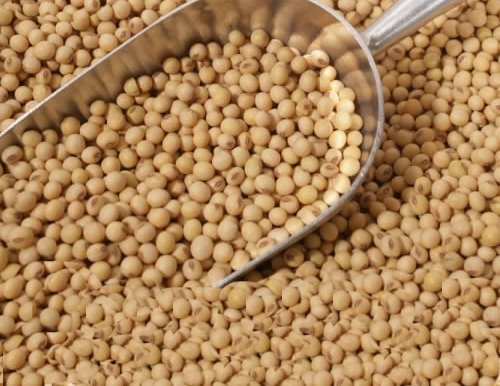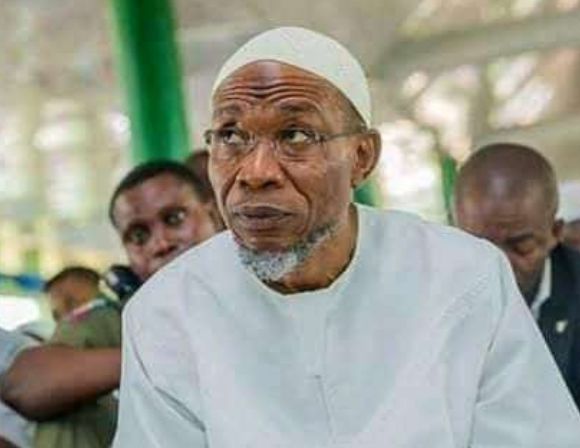Nigeria Loses N1.14trn In Cowpea Exports
Nigeria is losing a total of 1.6 million tonnes of dried cowpea nuts valued at N1.14 trillion ($816 million) due to lack proper processing and documentation for export.
It was learnt that Nigeria, which consumed 3.6 million tonnes of the nuts annually, is currently producing 5.2 million tonnes valued at $2.7 billion or 37 per cent of the global market as average price stands at 0.51 per kilogramme.
According to the Nigerian Export Promotion Council (NEPC), cowpea, which is valued at $7.2 billion in 2023, is expected to reach $9.43 billion by 2028.
The Executive Director of the council, Nonye Ayeni, noted in Abuja at a Technical Meeting on World Trade Organisation/Standards and Trade Development Facility (WTO/STDF) that available facts indicated that Nigeria’s food exports, including sesame and cowpea had often faced rejection.
Ayeni said that this was due largely to poor quality, inefficient procedures and documentation, sanitary and phyto-sanitary issues and improper packaging and labelling among others.
She also said that the global value of sesame export and its value-chain, which was placed at $7.35 billion in 2022, is expected to grow to $9.27 billion by 2032. Ayeni noted that with the exciting market opportunity for sesame and cowpea, Nigeria was positioned to have its fair share of the global market.
Ayeni stressed that the country was also the third largest producer of sesame in Africa with approximately 500 metric tonnes produced in 2022, adding that Nigeria was one of the largest producers of cowpea globally.
She noted: “Hence the need to address these issues in order for Nigeria to meet up with the quality and standards of these products in the global market. These militating factors led to the decision of the WTO and International Trade Centre (ITC) to sponsor the STDF project, which would be backed by expected 30 per cent counterpart funding from the council.
“This project will enhance the quality and standard of sesame and cowpea through the institution of good Sanitary and Phytosanitary (SPS) conducts, Good Agricultural and Warehousing Practices (GAWP), packaging/ labelling and excellent storage systems.”
She said that these would forestall frequent contract cancellations and loss of business opportunities and would allow for a significant increase of global acceptance of the items for better quality of the products consumed locally.
Ayeni said that technical committee made up of representatives of the Trade, Agriculture and Health ministries, National Agency for Food and Drug Administration Control (NAFDAC), Standard Organisation Of Nigeria (SON), Cowpeas And Beans Farmers, Processors and Marketers Association of Nigeria and organised private sector had been raised for standard and quality of Nigerian products.
She expressed optimism that the stakeholders in the implementing committee would work to ensure best practices and standards of the items in the international market.
Ayeni said: “I am confident that the MDAs, agencies and other stakeholders in the technical committee for this project will ensure to deliver on our mandate. This desire to drive the project and achieve its objectives can be gleaned from the huge opportunities that exist in the export ecosystem.
“The task before us offers a rare opportunity to change the economic trajectory of our dear country as this will increase the quality and the standards of cowpeas and sesame.
It will minimise rejects and increase the value and volume of cowpeas and sesame exported from Nigeria.”
Ayeni explained that it would ultimately increase foreign exchange flow that would help to stabilise the currency. Also, the council’s Director, Product Development Department, Mrs Evelyn Obidike, said that NEPC was determined to ensure Nigeria’s non oil export was approved at the international market and at a premium price.
She added: “You can see that all the relevant agencies that are supposed to work assiduously and in synergy to ensure that we deliver the objective are here. What this represents is that Nigerian exports of this product will not only increase in volume, but also increase in value, and Nigeria is moving.”
















Post Comment